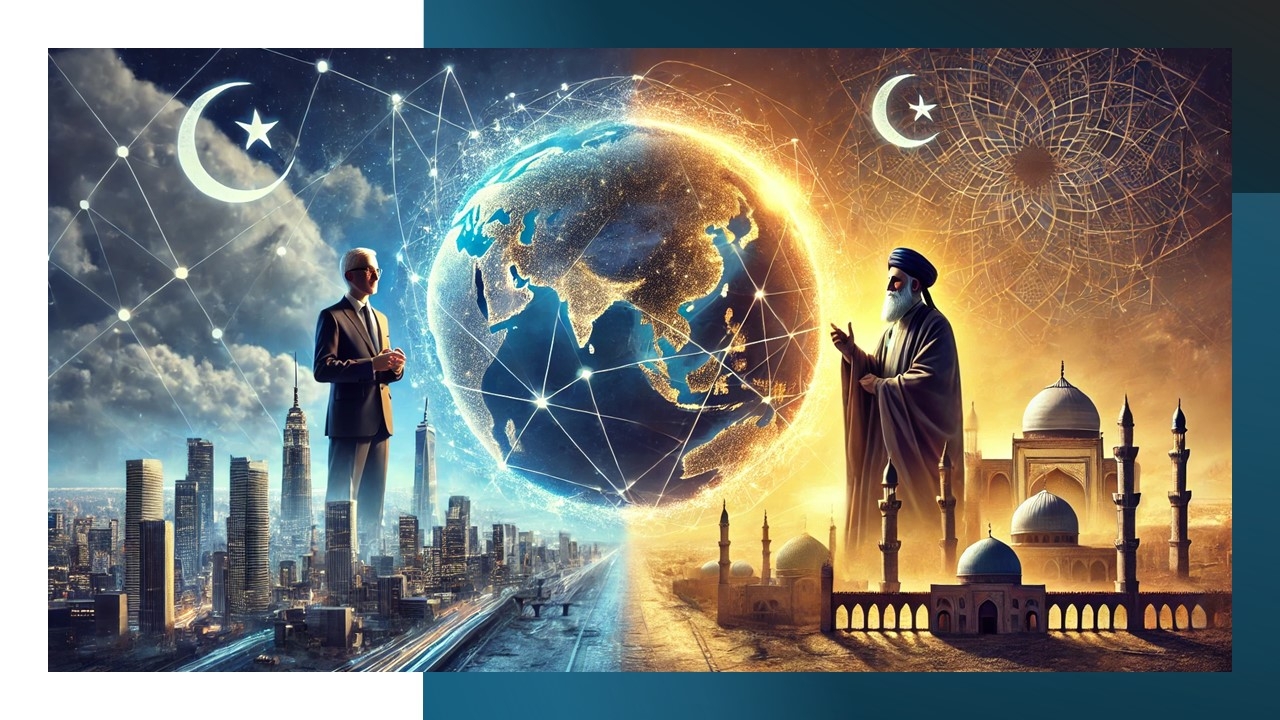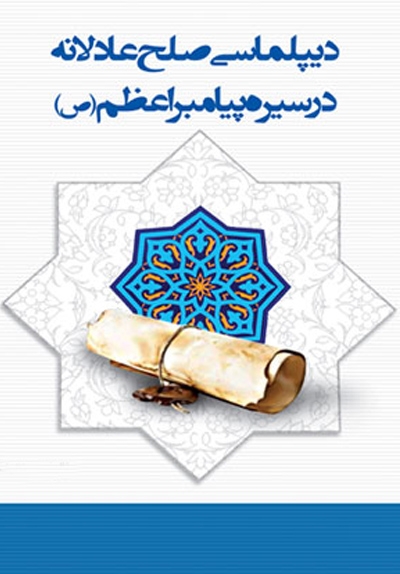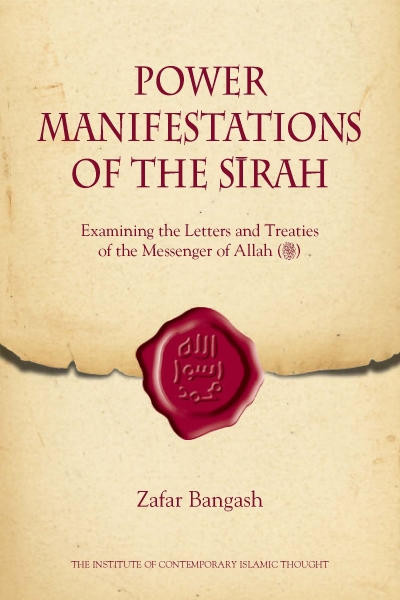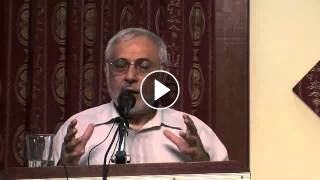



Muslims are not in the driving seat of history. In order to regain power, they have to return to the Seerah of the Prophet (ﷺ). The west-centric political party approach must be abandoned. The Islamic system of governance cannot be implemented by adopting un-Islamic means.
Every year Muslims celebrate the Mawlid (birthday) of the Prophet (pbuh) with great reverence and zeal. Next year, there will be a special occasion: the 1500th birth anniversary of the noble Messenger (pbuh). Will Muslims and their governments celebrate this event properly?
Muslims liberated Makkah from the clutches of the mushrikeen in the 8th year of the Hijrah. The Ka‘aba was cleansed of its idols. What led to the Muslims’ march on Makkah that the Prophet (pbuh) led and what lessons we can draw today from this momentous event from Islamic history?
Given the domination of un-Islamic systems in the world, Muslims have fallen into an inferior complex syndrome trying to fit within it. Muslims must turn to the divine message (the Qur’an) and the Prophetic Sunnah and Seerah to establish our position in life.
That Muslims have deep love for the noble Messenger (pbuh) is not in doubt. How this is expressed varies greatly among Muslims. It is important to understand the broader dimensions of the Seerah, in particular his acquisition and use of power to establish justice in society.
As the Taliban grapple with the issue of recognition, they should study the Covenant of Madinah (aka the Constitution of Madinah) as to how the noble Messenger (pbuh) brought diverse groups together into a formal compact to establish the first Islamic State.
Muslims must not reduce the Sirah to a few anecdotal episodes. It is our guide for the total transformation of society.
This is the second part of Zafar Bangash’s article on “change”; the first part was published in the October 2016 issue of Crescent International, concluding with outlining some of the qualities of muttaqi leadership.
3In June 2010, we published this commentary on the conflict in Karabakh. We reproduce it in view of the renewed conflict underway in Karabakh today between Azerbaijan and Armenia.
The Qur’an is not a biography of the Prophet Muhammad (pbuh), but Allah (swt) describes His beloved Messenger (pbuh) in the most beautiful terms in the noble Book. He is the “best of exemplars” (33:21), with “the most lofty character” (68:04), and a “mercy to all the worlds” (21:107). He is the one who has “brought glad tidings inviting people to Allah” (33:45) “to bring them out of darkness and into light” (65:11).
The Qur’an and the Prophet’s Sunnah and Seerah are the fundamental sources of knowledge for all Muslims. The Qur’an is the eternal source of guidance revealed to the noble messenger of Allah (saws) who then demonstrated it by his practical example. Thus the Qur’an and the Prophet’s Sunnah and Seerah form an integrated model for Muslims to emulate in life.
After reading the book, Power Manifestations of the Sirah, this reader feels a sequel dealing with the time of the Khulafa ar-Rashidoon is needed.
Long-time reader and supporter from Nigeria pays tribute to the memory of the late Dr Kalim Siddiqui.
Hizbullah has adopted a principled, Qur’anic position vis-à-vis Syria, notwithstanding the insulting allegations hurled against it by Saudi and Zionist agents.
در کل، به نظر می رسد که هنوز سطح مطالعات مربوط به شناخت پیامبر اکرم(ص) در وضعیت مناسب نبوده و در این زمینه کاستی های زیادی وجود دارد، به طالعاتی که با تمرکز بر سیره پیامبر، به مسائل روز جهان اسلام و جهان بشری تمرکز نموده و برای پرسش های کنونی پاسخ مناسب، معتبر و تطبیقی از سیره ایشان استخراج نماید. به تعبیر مقام معظم رهبری، هنوز اقدامات صورت گرفته در این زمینه، پاسخگوی نیازی که جامعه بشری به آگاهی از این پیامبر جهانی و پیامی که ایشان برای بشریت دارند، نیستند. ضمن اینکه این کمبود آگاهی یا درک نادرست از سیره ایشان، به ویژه در فضائی که دشمنان اسلام به صورت ساختگی و جعلی ایجاد نموده و به تحریف رسالت یا محورهای عملکرد ایشان پرداخت هاند، موجب گردیده جریانی در غرب علیه اسلام و این پیامبر معظم پدید آید و به توهین و دیگر اقدامات ضدالهی در چارچوبی کلان از «اسلام ستیزی » منجر گردد.
1(நபிகளார் எவ்வாறு அதிகாரத்தைக் கைப்பற்றினார்கள், எவ்வாறு அதைப் பிரயோகித்தார்கள் என்பது சீறாவைப் பொறுத்தவரை முஸ்லிம்களால் முறையாக ஆய்வுசெய்யப்படாத ஒரு அம்சமாகவே எஞ்சியிருக்கிறது. சீறாவின் மென்னதிகாரம் (Soft-power), வல்லதிகாரம் (Hard-power) இரண்டு பற்றியும் நாமொரு பார்வை செலுத்த வேண்டியுள்ளது.
முஸ்லிம் நாடுகளில் (குடிமை அல்லது இராணுவப் பின்னணி கொண்ட) சில குறிப்பிட்ட தனிநபர்களோ குடும்பங்களோ இப்படியொரு நீண்டநெடுங்காலம் ஆட்சிசெய்ய முடிவது எப்படி? அதிகாரத்தில் இருப்பவர்களாயினும் அவர்களை எதிர்ப்பவர்களாயினும் வன்முறை மற்றும் பலாத்காரத்தையே சார்ந்திருப்பது ஏன்? பிரபுத்துவ அல்லது சர்வாதிகார ஆட்சிமுறைகளுக்குள் அவற்றை விழச்செய்யும் பிரத்யேகமான எதுவும் அவற்றின் வரலாற்றுப் பரிணாமத்திலேயே இருக்கின்றதா?
It was the beginning of the seventh year of the Hijrah. Only a few weeks earlier, the noble Messenger (pbuh) had concluded the Treaty of Hudaybiyah with the chiefs of Makkah.
1Zainab Cheema reviews Zafar Bangash’s latest book entitled Power Manifestations of the Sirah: Examining the Letters and Treaties of the Messenger of Allah (pbuh) and published by Crescent International for the Institute of Contemporary Islamic Thought (384 pages; soft cover, $30.00).
I would like to begin by thanking the hosts of tonight’s event by placing me upfront thereby trying to satisfy you and me that they are giving me extra time. Where it’s only half-an-hour whether I am upfront or at the end of the list it doesn’t matter, I’ll try to add another few minutes without trying to be inconsiderate of the other speakers who will follow me.





